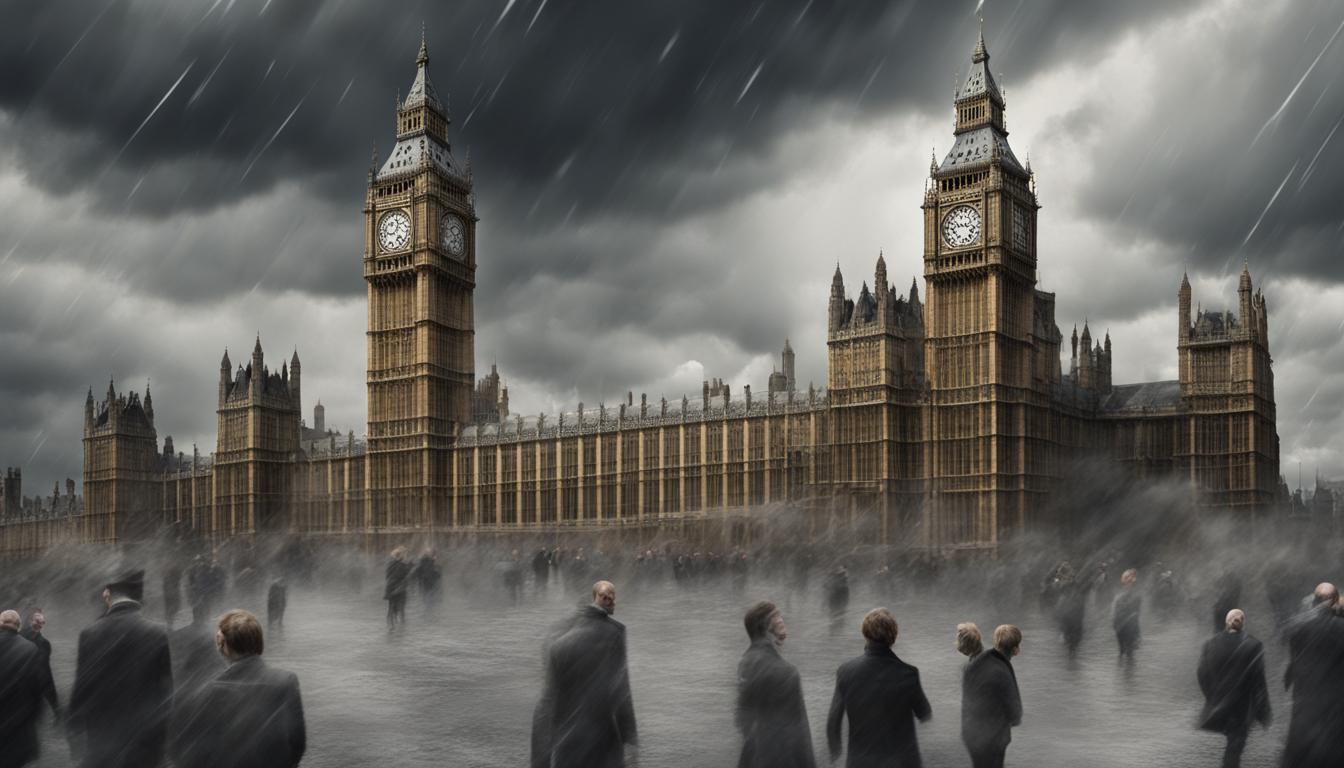Natalie Elphicke, the MP for Dover and Deal, has caused a stir in the political arena by defecting from the Conservative Party to the Labour Party, raising questions about party alignment and internal dissent within both parties.
Natalie Elphicke, the MP for Dover and Deal, has transitioned from the Conservative Party to the Labour Party, generating considerable debate and unrest within both political spheres. Anneliese Dodds, the Labour Party chairwoman, has addressed concerns regarding Elphicke’s suitability for the party, noting her accountability in addressing past comments made in defence of her ex-husband following his conviction for sexual assault. Despite Elphicke undergoing a parliamentary process and publicly addressing her past statements, skepticism about her alignment with Labour’s policies on issues like immigration persists, as highlighted by Education Secretary Gillian Keegan.
The move has sparked a range of reactions from Dover constituents. Some appreciate Elphicke’s commitment to local community issues and support her switch irrespective of party lines, while others are wary of the potential implications for party politics and immigration policies.
The defection comes amidst broader political turbulence within the Conservative Party, with Tees Valley Mayor Ben Houchen criticising the party’s internal chaos and disunity under Prime Minister Rishi Sunak’s leadership. Houchen’s comments reflect wider discontent within the party, which has also seen electoral setbacks in local elections.
Labour leader Sir Keir Starmer’s decision to admit Elphicke into Labour has caused further internal dissent, with several party members and MPs openly criticizing the move and questioning the thoroughness of the vetting process. Concerns about the compatibility of Elphicke’s views with Labour’s principles have been raised, indicating deep divisions within the party regarding its direction and inclusivity.
These political dynamics occur against a backdrop of ongoing issues in UK public services, including significant NHS waiting lists, highlighting broader challenges facing the country’s leadership amidst political infighting and shifting allegiances.













